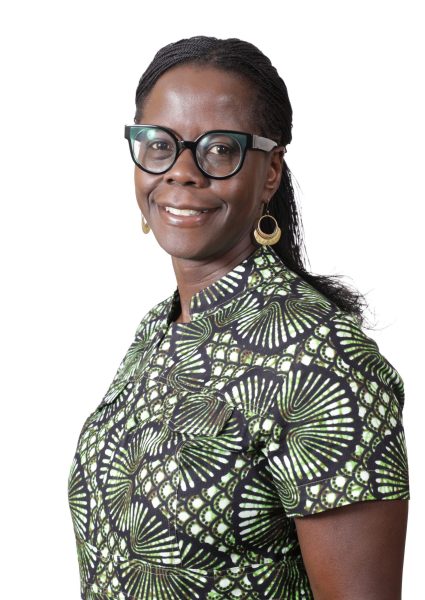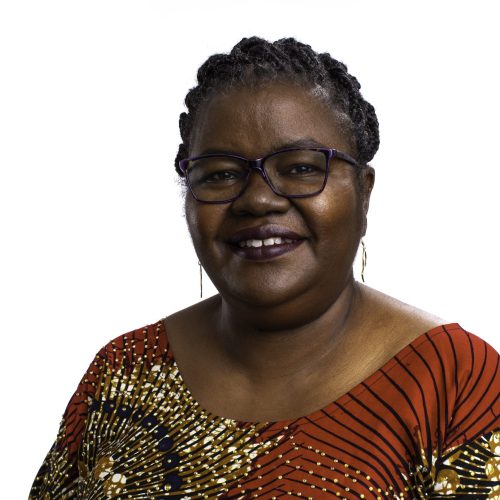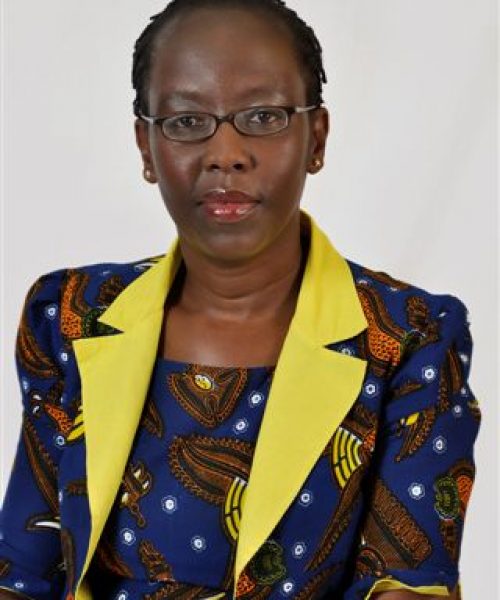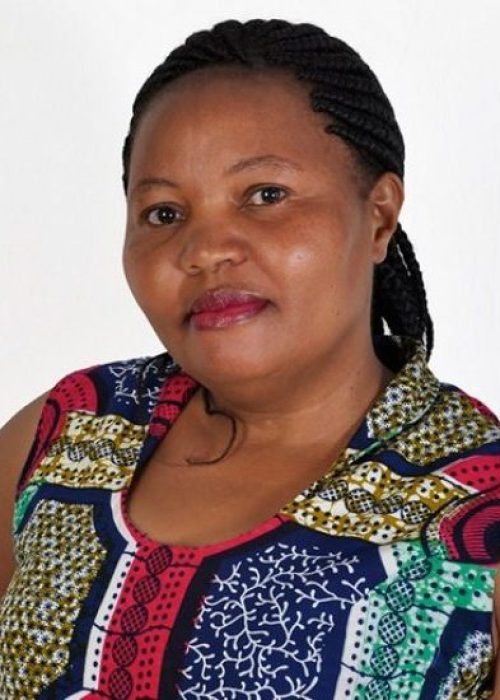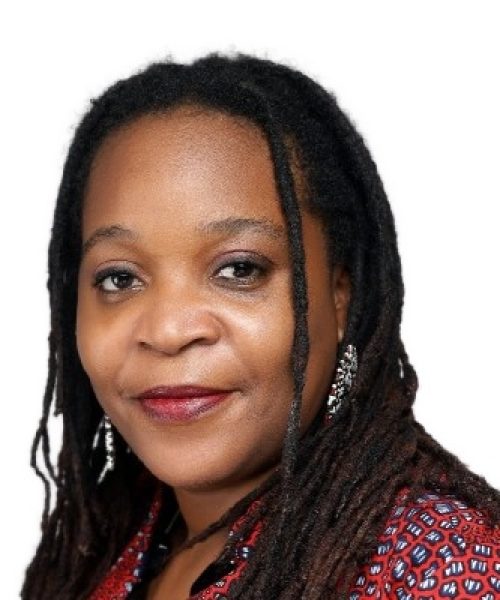23 Egyptian activists sentenced to 3 years for violating protest law
Published by: Aswat Masriya
Sanaa Seif, sister of prominent political activist Alaa Abdel Fattah, was arrested alongside 23 others on June 21 while taking part in a march calling for the repeal of the protest law and the release of all those arrested on background of the law.
The defendants have been referred to a misdemeanour court for illegal assembly, vandalism and displaying force.
The defence team will appeal the verdict, said Mohamed Abdel Aziz, director of the Cairo-based al-Haqanya human rights centre and one of the lawyers representing the defendants.
Former interim President Adli Mansour issued the protest law on November 24 to regulate peaceful assembly. The law has long been the epicentre of wide criticism by domestic and international human rights organisations which say it violates international standards for peaceful protests.
The legislation obliges demonstrators to inform the authorities of their intention to assemble three days prior to their scheduled events. It also gives the interior ministry the right to cancel, postpone or move protests.
International human rights watchdog Amnesty International described the law as “repressive” and called for the release of all those in detention for “defying” it.
Among those sentenced is human rights defender Yara Sallam, transitional justice officer at the Egyptian Initiative for Personal Rights (EIPR). Sallam was reportedly arrested with her cousin while buying water from a kiosk in Cairo’s Heliopolis neighbourhood, where the June 21 protest was held.
Sallam remained in detention and faced official charges despite the release of her cousin the next day, which causes Amnesty International to believe the human rights defender is being persecuted for her activism.
“The charges against Yara Sallam, who did not even participate in the protest in question, are completely farcical,” Philip Luther, Director of Amnesty International’s Middle East and North Africa Programme, had earlier said. “She has been kept in detention and put on trial because of her work as a human rights defender. She is a prisoner of conscience and must be released immediately and unconditionally.”
The Egyptian Centre for Economic and Social Rights (ECESR) filed on September 13 a lawsuit at the Supreme Constitutional Court, Egypt’s top court, challenging the constitutionality of articles in the law.

